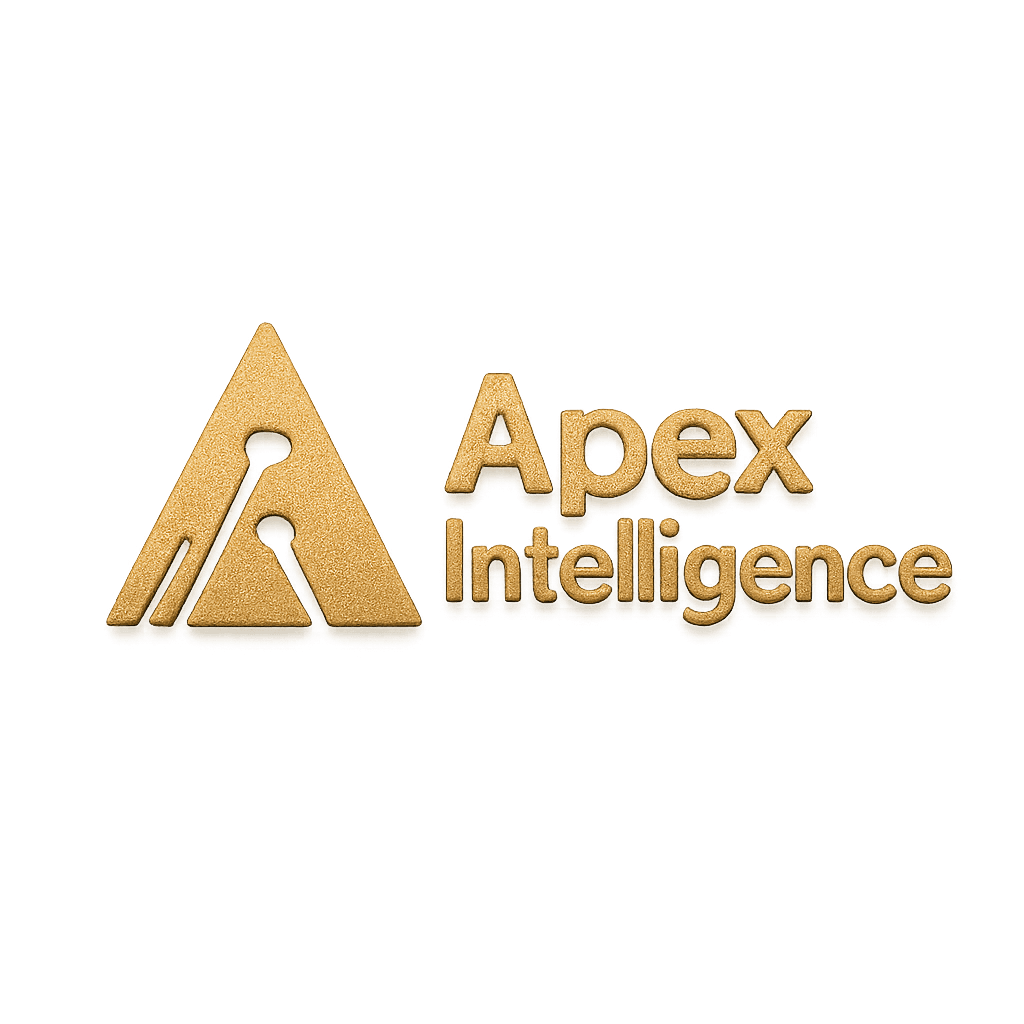Top AI Trends for Businesses: Preparing for the Future of Work
Understanding the Impact of AI on Business
The integration of Artificial Intelligence (AI) into business operations is no longer a futuristic concept; it's an ongoing transformation that is reshaping industries worldwide. Businesses that harness the power of AI are finding themselves well-positioned to thrive in the evolving landscape. As AI continues to advance, understanding its impact and preparing for its future applications can be a game-changer.

AI-Driven Automation
One of the most significant trends in AI for businesses is automation. AI-driven automation is streamlining processes, reducing human error, and increasing efficiency across various sectors. From customer service chatbots to robotic process automation in manufacturing, AI helps businesses reduce costs and improve productivity.
Automation allows employees to focus on more strategic tasks by taking over routine and repetitive work. This shift not only enhances job satisfaction but also boosts the overall performance of the organization. Businesses should assess which areas could benefit from automation and implement AI solutions accordingly.
Enhanced Data Analytics
In the digital age, data is a vital resource, and AI is revolutionizing how businesses analyze and utilize this data. AI-powered analytics can process vast amounts of information swiftly, offering insights that would be impossible for humans to uncover alone. Companies can leverage these insights to drive decision-making, optimize operations, and personalize customer experiences.

Personalized Customer Experiences
Customer expectations are higher than ever, and personalization has become a key differentiator. AI enables businesses to provide highly personalized experiences by analyzing customer behavior and preferences. From targeted marketing campaigns to personalized product recommendations, AI helps in building stronger relationships with customers.
Investing in AI tools that facilitate personalization can lead to increased customer loyalty and higher conversion rates. Businesses should focus on understanding their audience deeply to tailor their offerings effectively.
AI in Workforce Management
AI is also transforming workforce management by predicting staffing needs, optimizing schedules, and even assisting in recruitment. Machine learning algorithms can analyze employee performance data to provide insights into productivity patterns, helping managers make informed decisions about team management.
Moreover, AI can aid in identifying skills gaps and recommending training programs, ensuring that the workforce remains competitive and skilled in a rapidly changing environment.

Ethics and AI Governance
As AI becomes more integrated into business operations, ethical considerations and governance become crucial. Businesses must ensure that their AI systems are transparent, fair, and accountable. Developing a robust framework for AI ethics will help maintain trust with customers and stakeholders.
Organizations should prioritize establishing guidelines for responsible AI use and continually monitor their systems to mitigate potential biases or ethical concerns.
Preparing for the Future
The future of work is undeniably intertwined with AI advancements. To remain competitive, businesses must not only adopt AI technologies but also foster a culture of innovation and continuous learning. Investing in employee training and development will be key to successfully integrating AI into business practices.

In conclusion, staying ahead of AI trends is essential for businesses aiming to thrive in the future. By embracing automation, enhancing data analytics, personalizing customer experiences, managing workforces effectively, and adhering to ethical standards, companies can harness the full potential of AI while preparing for tomorrow's challenges.
